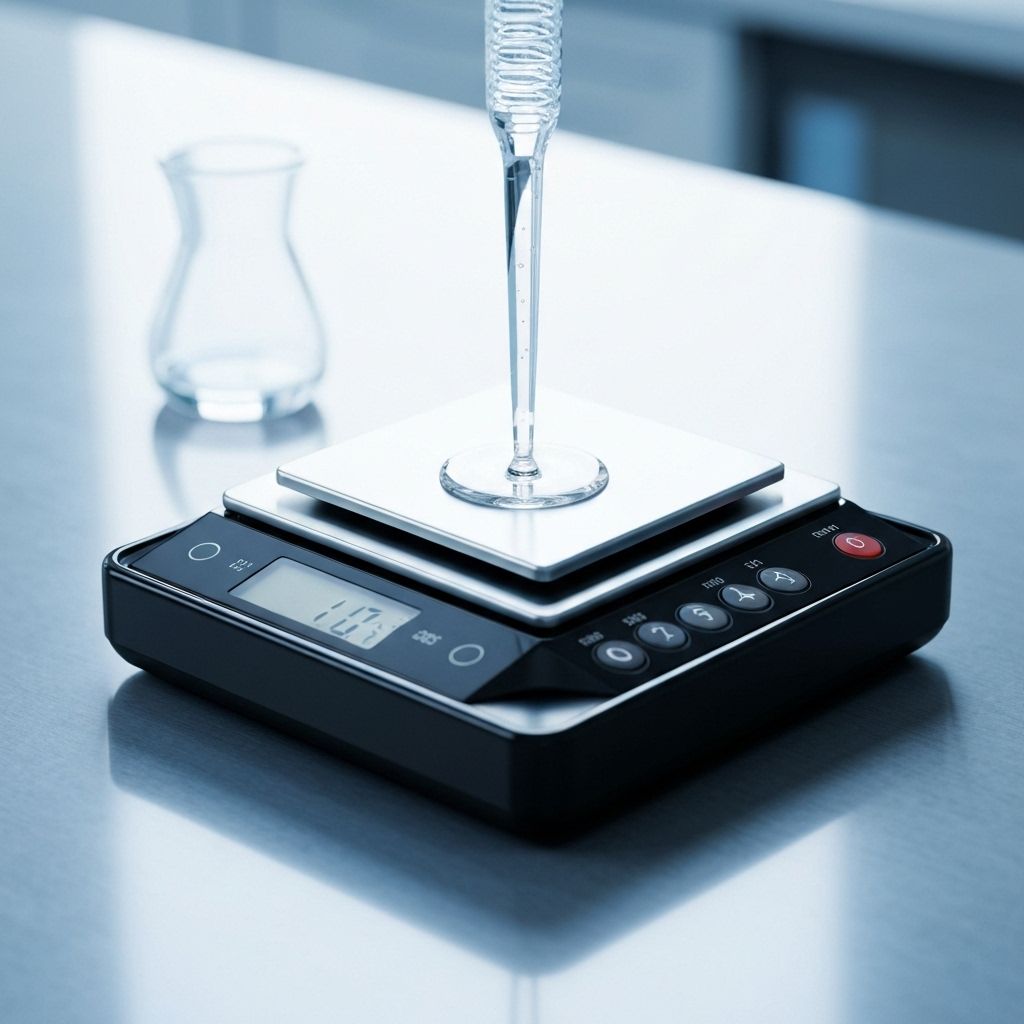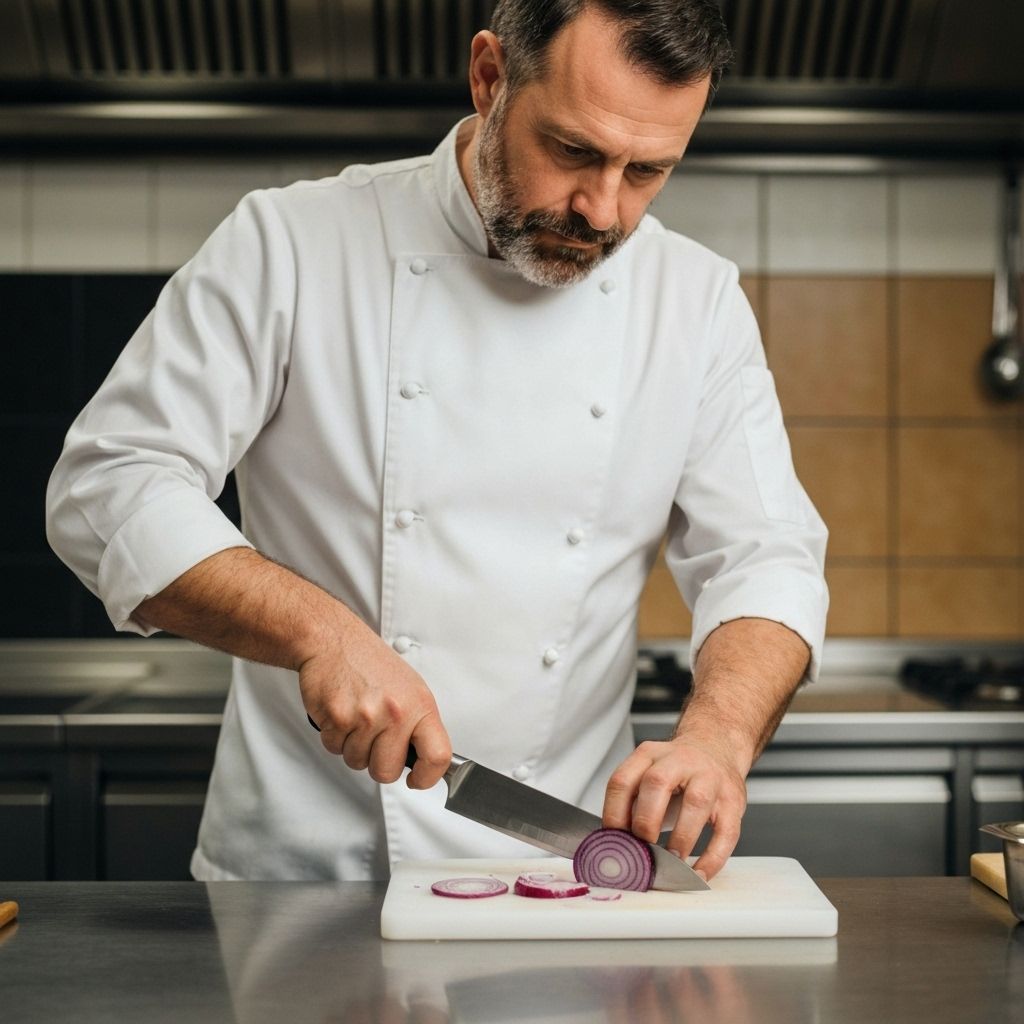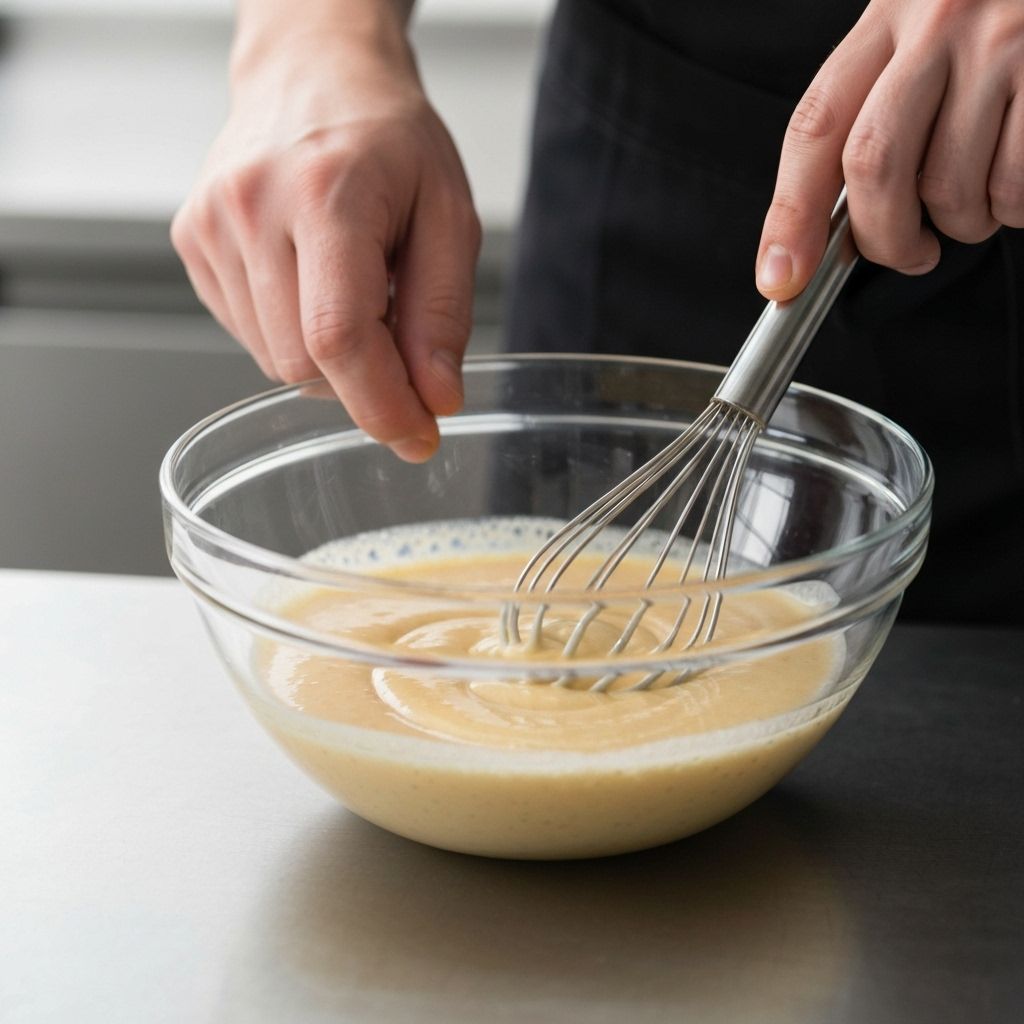Laboratory Precision in the Kitchen: Advanced Weighing Techniques
Learn how precision measurement transforms cooking from art to science, enabling perfect reproducibility.
- Answer the main question in one sentence.
- Give the best pick and why in one line.
- Link to the product or guide for next step.

Professional kitchens increasingly rely on precision measurement to ensure consistency and quality. Our laboratory-grade scales bring scientific accuracy to culinary applications, measuring ingredients with 0.1g precision.
Weight-based measurement eliminates the variability inherent in volume measurements. A cup of flour can vary by 30% depending on how it's scooped, but 120g of flour is always 120g. This precision is essential for baking, where small variations in ingredient ratios can significantly impact results.
Advanced techniques include baker's percentages, where all ingredients are expressed as percentages of flour weight. This system enables easy scaling of recipes and facilitates experimentation. A 70% hydration dough, for example, contains 70g of water for every 100g of flour.
Temperature compensation is another critical factor. Our scales automatically adjust for thermal expansion, ensuring accurate measurements regardless of ambient temperature. This feature is particularly important when working with temperature-sensitive ingredients like chocolate or gelatin.
// RELATED_ARTICLES

Fundamental Knife Skills: Precision Cuts for Professional Results
Master the essential cutting techniques that form the foundation of professional culinary practice.

Emulsion Mastery: The Physics of Mayonnaise, Hollandaise, and Beyond
Understand the molecular science behind stable emulsions and how precision technique prevents breaking.